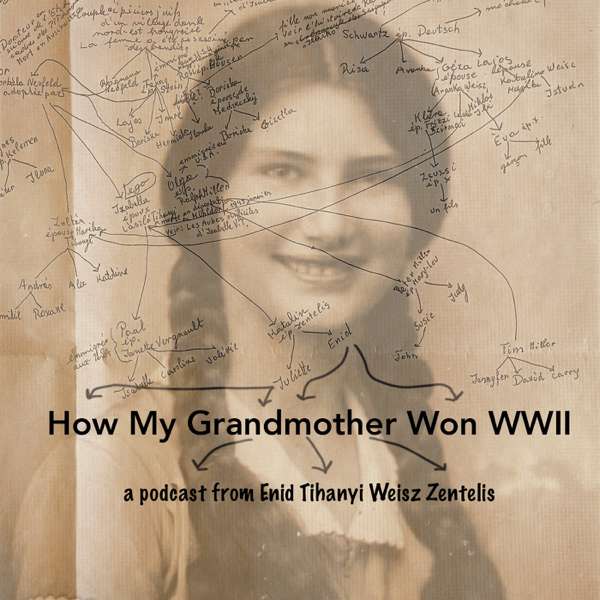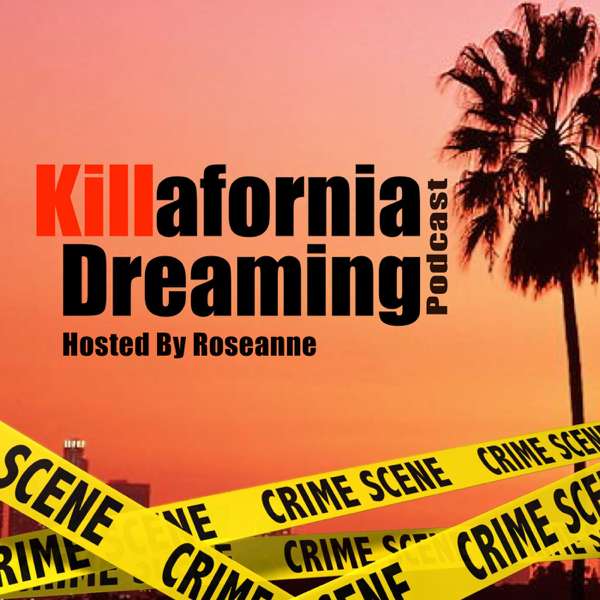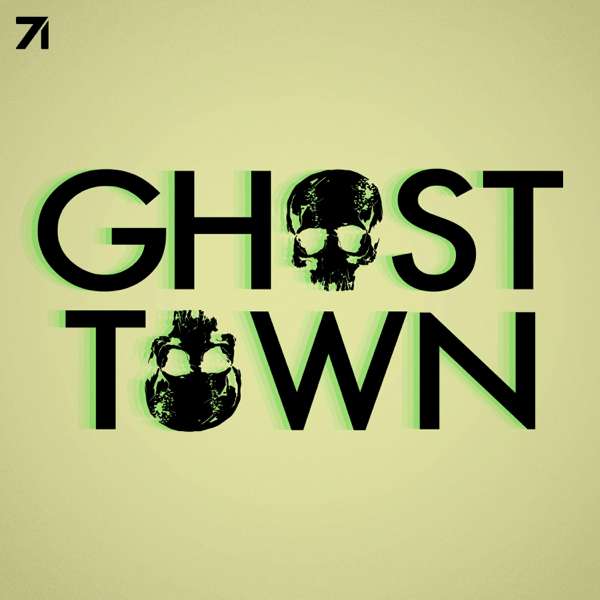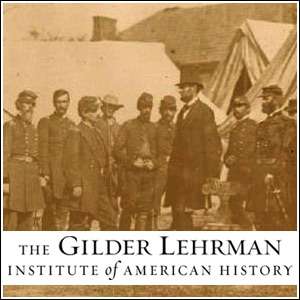Historian and broadcaster Professor Adam Smith explores the America of today through the lens of the past. Is America – as Abraham Lincoln once claimed – the last best hope of Earth?
Produced by Oxford University’s world-leading Rothermere American Institute, each story-filled episode looks at the US from the outside in – delving into the political events, conflicts, speeches and songs that have shaped and embodied the soul of a nation.
From the bloody battlefields of Gettysburg to fake news and gun control, Professor Smith takes you back in time (and sometimes on location) to uncover fresh insights and commentary from award-winning academics and prominent public figures.
Join us as we ask: what does the US stand for – and what does this mean for us all?
Hosted on Acast. See acast.com/privacy for more information.

 Our TOPPODCAST Picks
Our TOPPODCAST Picks  Stay Connected
Stay Connected







